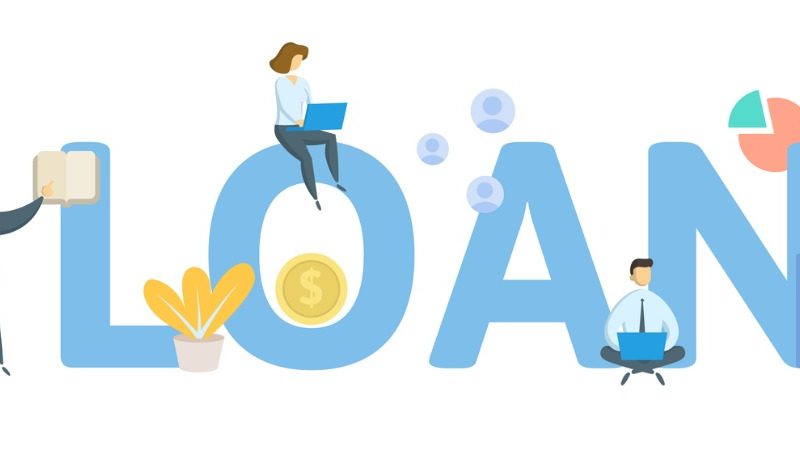Boost your savings with the Three Ts (track, trim, and target)
Saving is the worst. I cannot save money. I just can’t. I look at my payslip each month and take out the rent, the food, the car, the power, the water, the gas and there’s barely enough left to pay for the odd drink after work let alone save up for a deposit on a house or anything stupid like that.
I know I was supposed to pay myself first but somehow that just never worked out. By the time the bills were done, there was nothing left. Plus interest rates are as low as they’ve ever been, so there’s really no incentive to save at all.
So how do you do it when you really need to save up for that big ticket item?
I got lucky. I was told about a great weight loss programme – no, seriously … don’t run away. It’s true.
Someone told me that the best way to control weight is to follow the Three Ts: track, trim and target. Oddly, I never bothered with it as a weight control programme but realised it works just as well with money.
The first T is track.
Write down what you’re spending your money on every time you put your hand in your pocket.
I discovered I was buying two lattes a day, five days a week from my local café. That’s $40 a week. In a working year that’s $1,920 just on coffee.
I also bought the newspaper some days, drinks after work, music on my phone, games on my phone, apps on my phone, magazines and books and don’t get me started on the sushi at lunch time. At least three times a week I’d spend $12 on sushi and I’d usually end up ordering a sandwich or something else the other two days.
Call it $60 a week on lunches and that’s $2880 in rice balls and wasabi.
Just writing it down made me realise how much I was spending on stuff I didn’t care about. Sure, if I was spending money on something good then that was fine, but this was just … stuff.
Which leads to the second T: trim.
I’m no coffee snob so it was pretty easy to switch to drinking the machine stuff in the office. I even helped lobby the boss for a real machine and he eventually caved in so not only did I save money but learned an invaluable skill (barista) along the way. I enjoy sushi but not that much so I took to bringing in my own lunch which also helped cut down on the calorific intake. Hey, it was a diet, after all.
That put me up by nearly $5,000 a year with two minor corrections.
There are plenty of other things you can look at as well. As a student I bought a fridge for the flat, but it wasn’t just any fridge, it was a fridge on hire purchase. Oh yes. By the time I’d paid it off I’d covered the cost of the fridge, the handling fee and the nice man in the shop’s family holiday in Bali, not to mention his daughter’s school fees and her pony. If I’d worked out how much the damned thing would have cost at the start instead of the end of the process, I wouldn’t have bought it at all. Instead, I learned a hard lesson in macroeconomics.
Credit cards are good at this – the fees and interest rates aren’t hidden but we just don’t like to think about them. Have a look at all those tricky fees and interest rates and shop around. Most banks are eager to lend you money – if you convert your credit card debt to an overdraft you’re likely to get a much better interest rate and can pay it off more quickly.
The final T is target and this is my favourite part.
Don’t just ignore the money you haven’t spent, move it to a different account. Don’t spend it, ‘spend’ it.
Every time I didn’t order coffee or sushi I’d make it a conscious decision and put the money into my savings account. That way I could see my savings grow and I could use it on something I really wanted. I’d target my savings on an item or a holiday or whatever I needed and seeing that amount grow each week gave me added incentive to save even more. By the time I hit my goal I was being incredibly miserly but I loved it. It felt like I was actually achieving something and that spurred me on.
There are always going to be things to buy and things to spend your money on. All too often we spend money unconsciously, without even thinking about it. If you want to save you have to think about where your money goes and make a decision. But it’s well worthwhile in the end.
- Post Tags:
- debt
- personal finances
Credit Simple
Credit Simple gives all Kiwis free access to their credit score, as well as their detailed credit report. See how your credit score compares by age, gender and community and gain valuable insights into what it all means.
All stories by: Credit Simple


